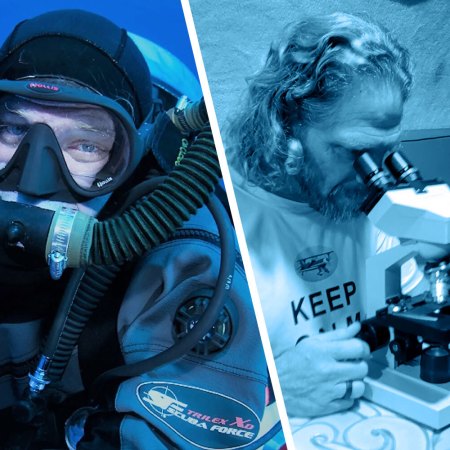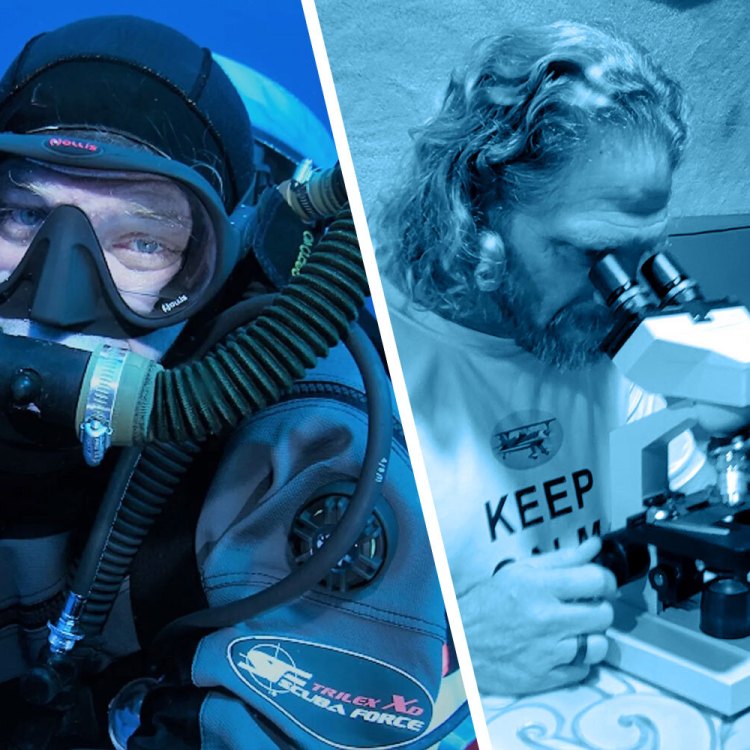Frank Lloyd Wright’s work is almost immediately identifiable even if you’re not an architecture nerd, from the iconic residences like Fallingwater in Pennsylvania to his desert retreat at Taliesin West in Arizona. The use of the surrounding landscapes and creation of custom furnishings have made Wright one of the most celebrated American architects. But even the most discerning design buffs may not know that the largest concentration of his work can be found a 90-minute drive from Orlando on an unassuming college campus in central Florida
After Wright appeared on the cover of Time magazine in 1938 for his contributions to American design, the president of Florida Southern College, Dr. Ludd Myrl Spivey, contacted the architect and visited with him at Taliesin in Spring Green, Wisconsin. Spivey had grand visions of transforming the small Methodist college, then with only 500 students in the midst of the Great Depression, into a world-class institution.
A month after the meeting, Wright arrived in Lakeland, Florida to find inspiration in the orange groves and Spanish moss-covered trees. He strolled through the campus with a beret and a cane, now memorialized in a bronze sculpture of his likeness at the university’s visitor’s center, becoming a fixture among the students. Calling it the “Child of the Sun” campus, Wright would design 18 buildings in total, 13 of which have been completed. As reported in Alexander Bruce’s paper “Of Stones and Students: Frank Lloyd Wright, Ludd M. Spivey, and the Folklore of Florida Southern College,” the design was inspired by an early plan for a community called Broadacre City that never materialized.

While Wright worked to design and build the structures, Spivey traveled the Sunshine State seeking donations to pay for the project and spreading the gospel of a “campus of the future.” Students were recruited to assist with construction, receiving free tuition in exchange. But delays plagued the project, which continued from 1938 to 1958, not long before Wright’s death the following year. His student Nils Schweizer continued the work, and Spivey retired before the campus was completed.
The campus is still an important time capsule of the architect’s work, now protected by the National Register of Historic Places and cared for with grants like those from the Getty Foundation, which helped restore the Polk Science Building Planetarium. The buildings require regular updates, especially due to the state’s hurricanes and humidity.
Visitors to Florida Southern College drive down Frank Lloyd Wright Way, where they can get a self-guided tour brochure or join a guided tour to learn about the campus. It’s spread across green spaces with a series of interconnected covered esplanades between buildings, inspired by the trees that previously stood in their place. The Water Dome is the only water feature Wright ever constructed, tucked between the Watson-Fine and Raulerson buildings. The planetarium is also the only one he built.
The most stunning building on campus is the Annie Pfeiffer Chapel, constructed of coquina and concrete in a geometric design in 1941. Rebuilt after a 1944 hurricane, it features yellow and red stained glass and has nearly perfect acoustics for the weekly services and ceremonies. The restored Danforth Chapel is right next to it and features leaded glass in the same colors, along with the original pews. Florida Southern’s campus also includes the only theater-in-the-round Wright designed.
An additional tour visits the Usonian House, originally designed to house the college’s faculty and constructed in 2013. It has the features Wright became known for, including large windows and exacting interior details.
Named one of America’s most beautiful college campuses, Florida Southern College’s Frank Lloyd Wright buildings are well worth the detour, whether you’re an architecture geek or a curious neophyte.
For more travel news, tips and inspo, sign up for InsideHook's weekly travel newsletter, The Journey.






















